If my tween and teenage notebooks could talk, it would most likely be in verse. On every other page, between ramblings about who I was annoyed with that week, the beginnings of fictional stories and the odd admission of a crush, were poems about my deepest thoughts – or thoughts I thought would sound deep if they were ever read out loud.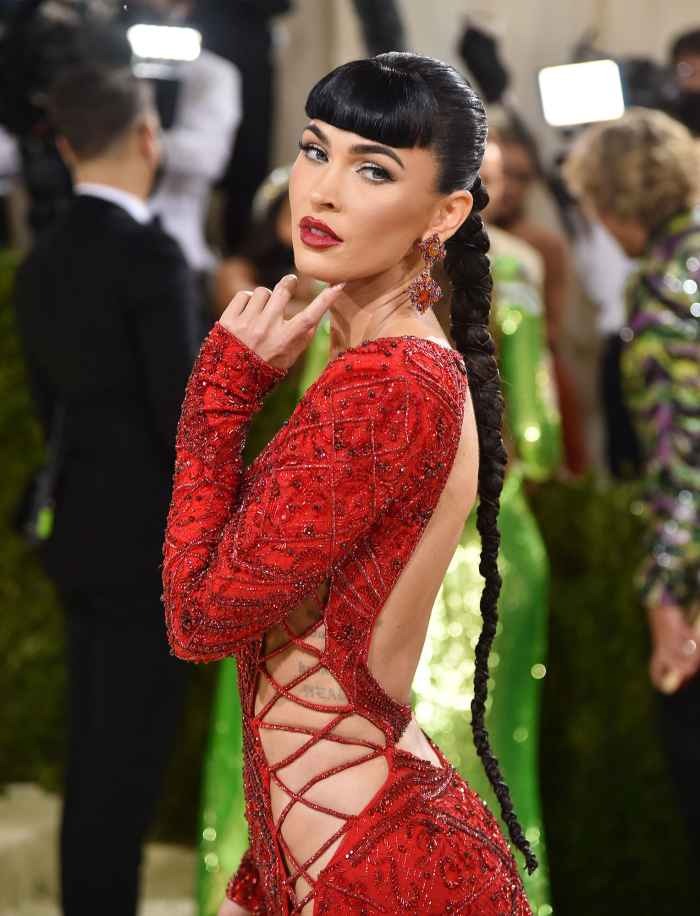
Though I was at the peak of adolescent self-consciousness at the time, the one place I didn’t feel I had to hide or contort myself was in my writing. After school, before settling into a TV marathon of Friends or whatever was playing on the Trouble TV channel, I’d sit down and I’d scribble – or type – anything and everything. How I was feeling, what I desired, what I was terrified of. As I disappeared into the words, I felt an acute sense of peace – worlds apart from the noise and chaos of school.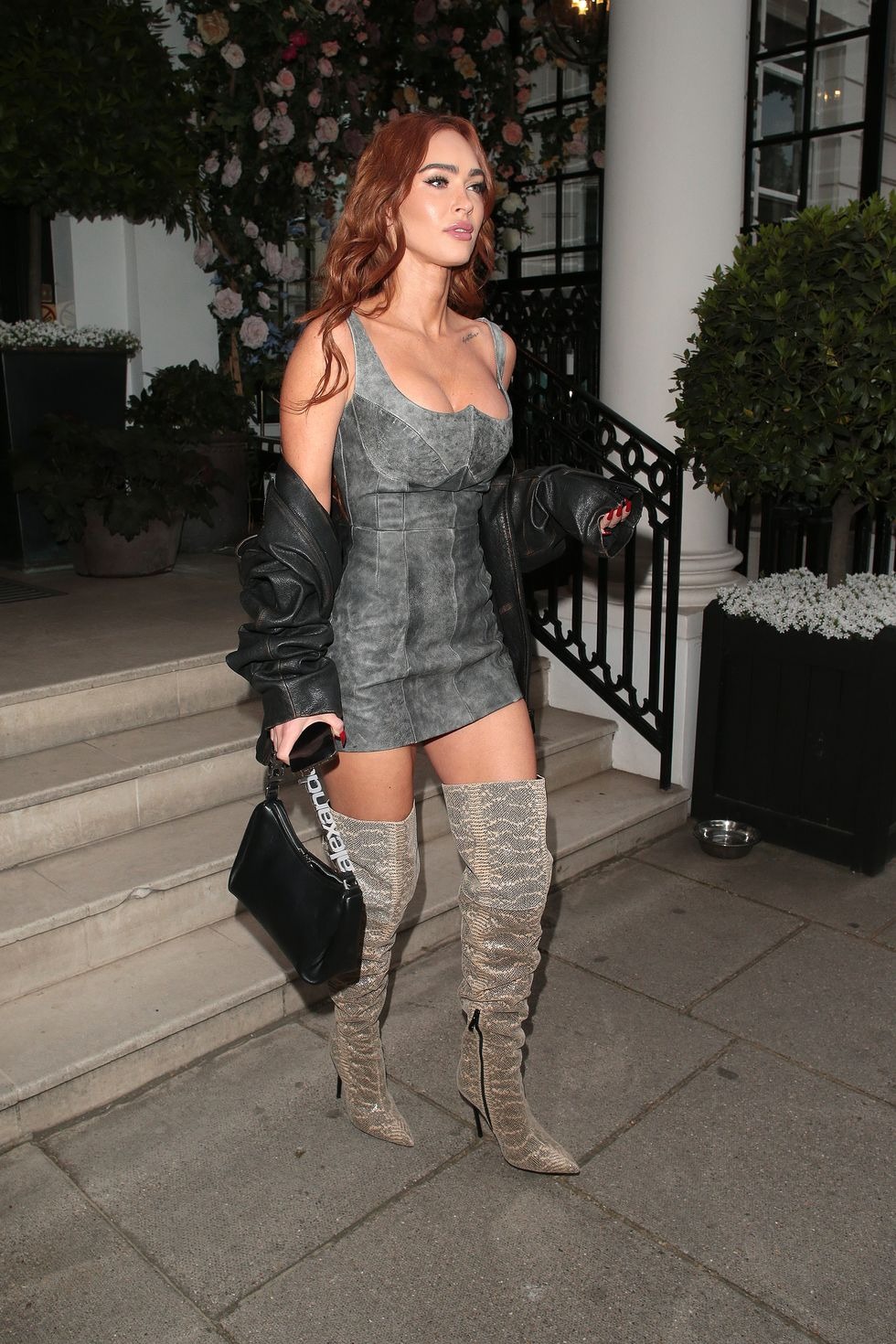
I haven’t written a poem since then. Growing older made me overthink the process so much that nothing would come out. I began to see it as the preserve of people far more interesting than I was. A skill gifted only to the supremely talented intelligentsia, not idealistic little girls. Not teenagers who produced pure wank. I wish I’d kept going.
That’s why I’m so glad to see that actor Megan Fox is releasing her own book of poems this year, called Pretty Boys Are Poisonous. After rising to fame largely through her role in the 2007 Transformers movie at the age of 21 and swiftly gracing pretty much every “H๏τtest woman alive” list there was at the time, it didn’t take long for the entertainment machine to turn on the outspoken star. As always seems to be the case with young women in Hollywood, the more she spoke her mind – especially when it came to being exploited – the more she was ridiculed.
In a resurfaced interview with Jimmy Kimmel in 2009, which briefly went viral again in 2020 after a clip from it caused concern on post-#MeToo social media, she recalled how, at an audition for Bad Boys II at the age of 15, director Michael Bay put her in a test scene in which she had to dance under a waterfall wearing a ʙικιɴι and high heels, in order to get around the fact that she was too young to appear in a bar scene. She said: “At 15, I was in 10th grade. So that’s a sort of a microcosm of how Bay’s mind works.” In response, Kimmel jokes: “Yeah, well, that’s really a microcosm of how all our minds work, but some of us have the decency to repress those thoughts and pretend that they don’t exist.”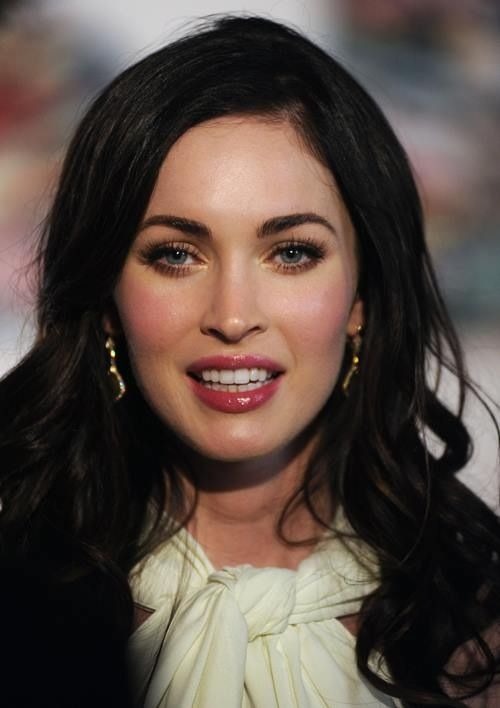
Though she now stresses that there was nothing untoward about the audition and that she was not “preyed upon”, she hasn’t walked back comments she made about Bay shortly after working with him on Transformers, saying he’d often give her directions to just “be H๏τ”, and comparing him to Napoleon and – regrettably – Hitler.
In response in 2011, Bay told GQ: “I wasn’t hurt, because I know that’s just Megan. Megan loves to get a response,” before adding: “I’m sorry, Megan. I’m sorry I made you work 12 hours. I’m sorry that I’m making you show up on time. Movies are not always warm and fuzzy.”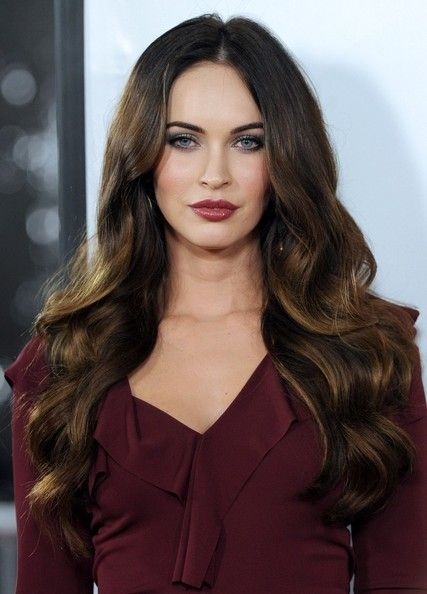
Fox would go on to star in other shows and movies, notably Diablo Cody’s feminist cult classic comedy-horror, Jennifer’s Body. At the time, that film was labelled “clever for its own sake, a showy piece of writing that doesn’t have that all-important ballast of sincerity” – but it is now thought of as ahead of its time in terms of its representation of teenage female friendships and subversion of the typically Sєxist teen horror genre. However, Fox’s star would fall further. It’s only in the past few years that her bravery in speaking out about the treatment she faced has been recognised.
Which brings me back to the poetry. Though I’ve never experienced the pressures of being labelled a hybrid Sєx symbol-troublemaker in Hollywood, I, like so many other women, do know what it feels like to be taken less seriously than men in society. I know what it feels like to have my abilities doubted because of racist and Sєxist prejudices others hold. To face so many barriers that the same doubt I faced took root and made me ashamed to partake in the things I once loved.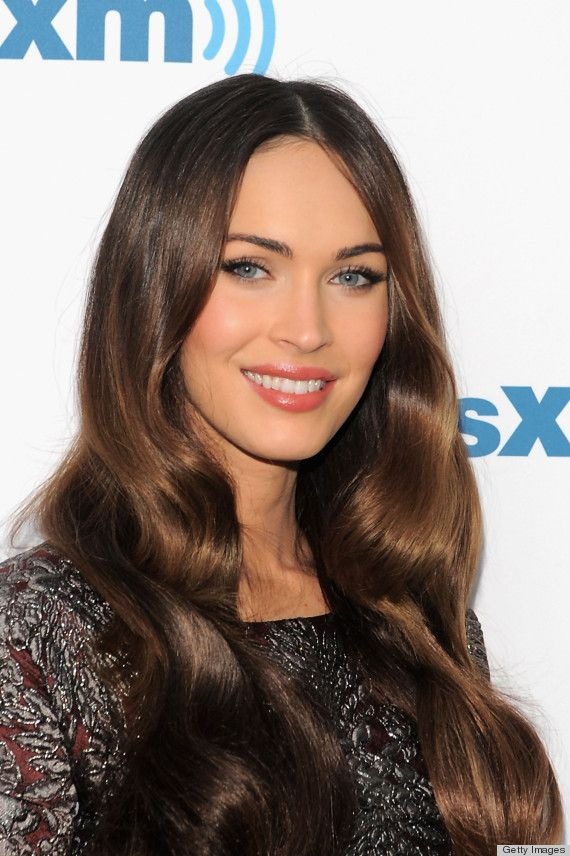
To some, Fox’s poetry collection, which is already an Amazon best-seller, despite not yet being available (it goes on sale on 7 November), may not be the most groundbreaking contribution to literature. But then again, who’s to say it won’t be? Who’s to say it even has to be? There’s something far more exciting about a woman with the experiences and sharp tongue she has creatively expressing herself in this way, than going the usual route of a ghostwritten celebrity memoir or autobiography.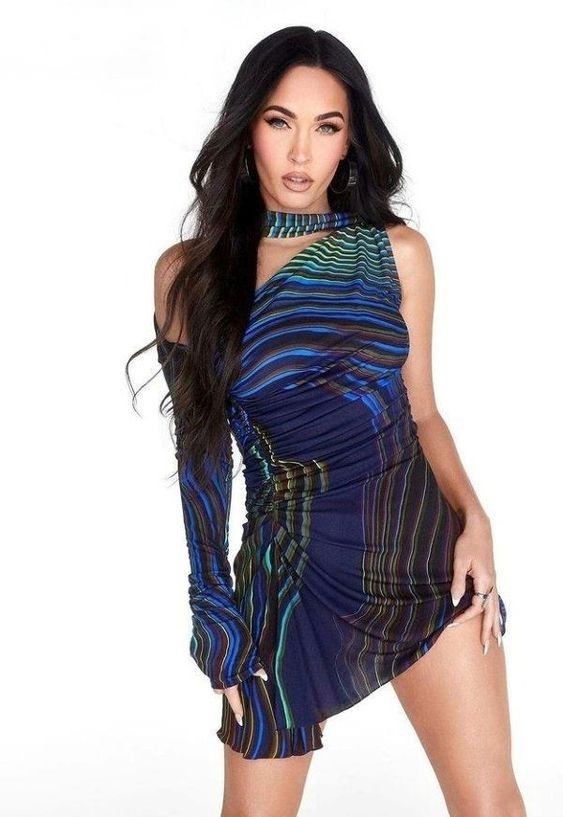
Even her note about the collection is thrilling. She said: “These poems were written in an attempt to excise the illness that had taken root in me because of my silence. I’ve spent my entire life keeping the secrets of men, my body aches from carrying the weight of their sins. My freedom lives in these pages, and I hope that my words can inspire others to take back their happiness and their idenтιтy by using their voice to illuminate what’s been buried, but not forgotten, in the darkness.”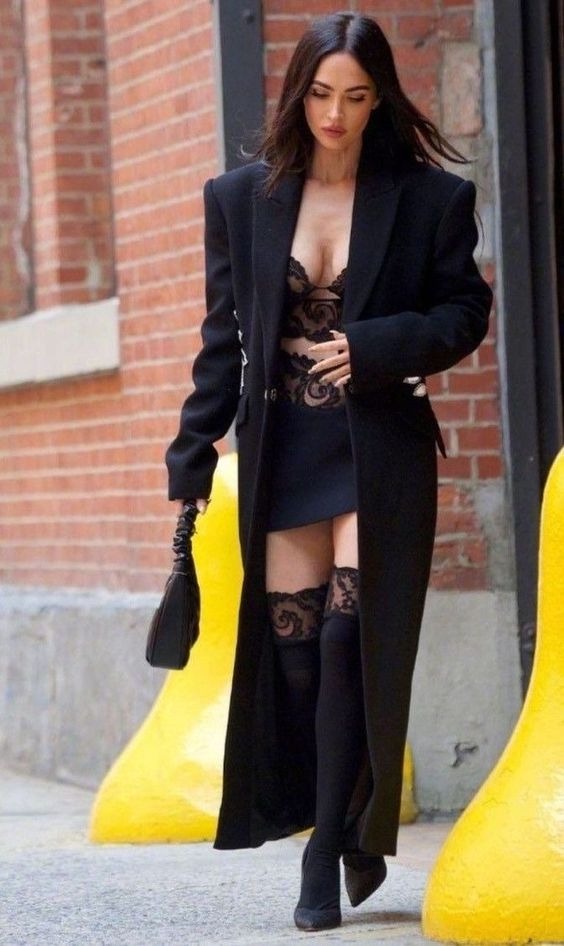
The teenage version of me can’t help but root for her. And the adult version of me just might be inspired to write a poem or two.